Associated Partners
Consorzio nazionale della cooperazione sociale Gino Mattarelli - CONSORZIO CGM
ITALY

Osservatorio di Diritto del Terzo Settore della Filantropia e dell'impresa Sociale - Fondazione Terzjus
ITALY

Lithuanian Nurses’ Organization
LITHUANIA
LIETUVOS SLAUGOS SPECIALISTŲ ORGANIZACIJA

Association “Dementia Lithuania"
LITHUANIA
Demencija Lietuvoje

Portuguese Association of Carers – Portincarers
PORTUGAL
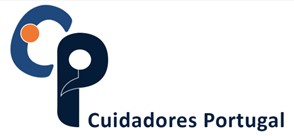
CP – Cuidadores de Portugal is an association representing caregivers of Portugal. Its mission is to give visibility and a voice to carers. CP provides support services for carers to promote their health and quality of life. Among its several milestones, CP has participated in the development of the first European capacitation platform for caregivers, INFORMCARE; it was part of the working group of the Ministry of Health and Social Ministry that drafted the Informal Carers Act; together with SCML, it developed radio programs to promote the health literacy of caregivers; it coordinated the first-ever national project targeting young carers; it participated in the monitoring of the implementation of pilot projects under the Informal Carers Act; it participated in the creation of the European Carers Day; and it works with the community and higher education institutions to enhance the visibility of health, education and social care professionals.
For more information check www.cuidadoresportugal.pt
Santa Casa Da Misericordia de Lisboa
PORTUGAL
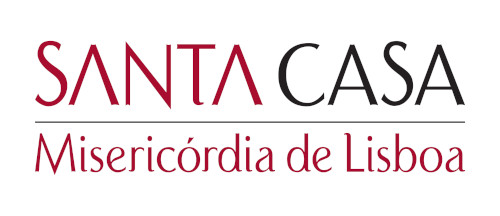
With more than five centuries of existence, Santa Casa da Misericórdia de Lisboa (SCML) is a private law institution with public administrative status. The main mission of SCML is to work with the community, in defence of invaluable social values and in support of the most vulnerable, from a perspective of proximity and through the promotion of Good Causes.
Reaching and supporting thousands of people on a daily basis, SCML is one of Portugal’s largest Third Sector institutions. It carries out in-depth and comprehensive work in various areas, namely Social Care, Health Care, Training, Education, Culture and Heritage. It also promotes various initiatives in the field of social entrepreneurship and the social economy.
For more information check https://scml.pt/
Alzheimer Nederland
THE NETHERLANDS
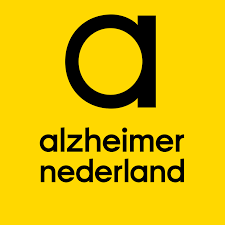
Alzheimer Nederland is the largest charitable funder of dementia research in the Netherlands. They support dementia researchers in various ways, based on our research agenda. An estimated 290,000 people live with dementia in the Netherlands. Because everyone is getting older, that number will increase to more than half a million by 2040. That is why Alzheimer NL is actively working on a dementia-friendly society. `Together we ensure that people with dementia can participate longer. On the platform dementie.nl, informal caregivers and people with dementia can find tips and information about dealing with dementia and they can get in touch with fellow sufferers and experts. Helping people with dementia and their loved ones to improve the quality of life through appropriate care and support. Together with their volunteer advocacy groups, they stand up for these interests, both nationally and locally. The organisation takes a big part in creating and spreading useful information on dementia.
Stichting Omring – Omring
THE NETHERLANDS
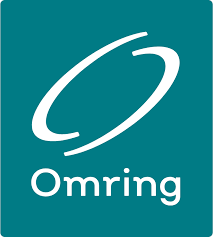
Stichting Omring is a health care organisation in the North of Holland, focused on elderly care. Omring has had its roots in the North Holland for more than 100 years. Over 4000 professionals and more than 1000 volunteers work at Omring. In their care locations live around 3000 elderly and they provde care and support to 12.000 elderly in their own homes. Their services range from care to specialized nursing, treatment to rehabilitation. Both at home and in one of their 30 residential care locations. They have these focus points:
1. Positive health of the citizen is the most important goal
2. They seek balance quality of care, customer experience, efficiency and employee satisfaction
3. They are a socially responsible organization, including in the areas of availability of care (aging) and sustainability
In this region of the Netherlands are around 20 active elderly care organizations like Omring. They are joined in several regional networks, where they work together on a sustainable form of care giving. Omring is associated partner on behalf of all elderly care organizations in this region.
Asociación Cicerón
SPAIN
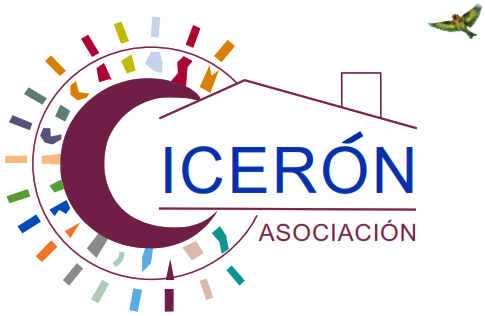
Fundación Pilares para la Autonomía Personal
SPAIN
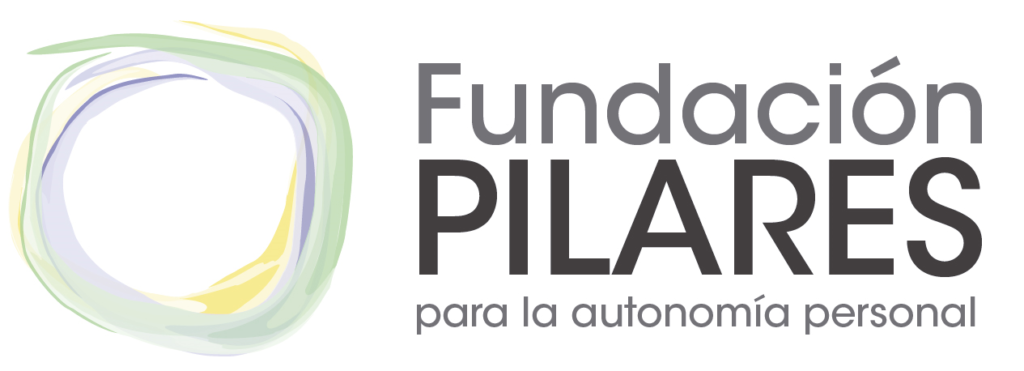
Instituto de Mayores y Servicios Sociales - IMSERSO
SPAIN
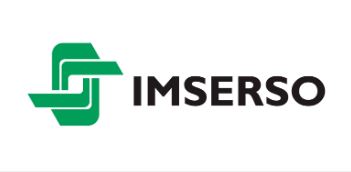
FOA
DENMARK



